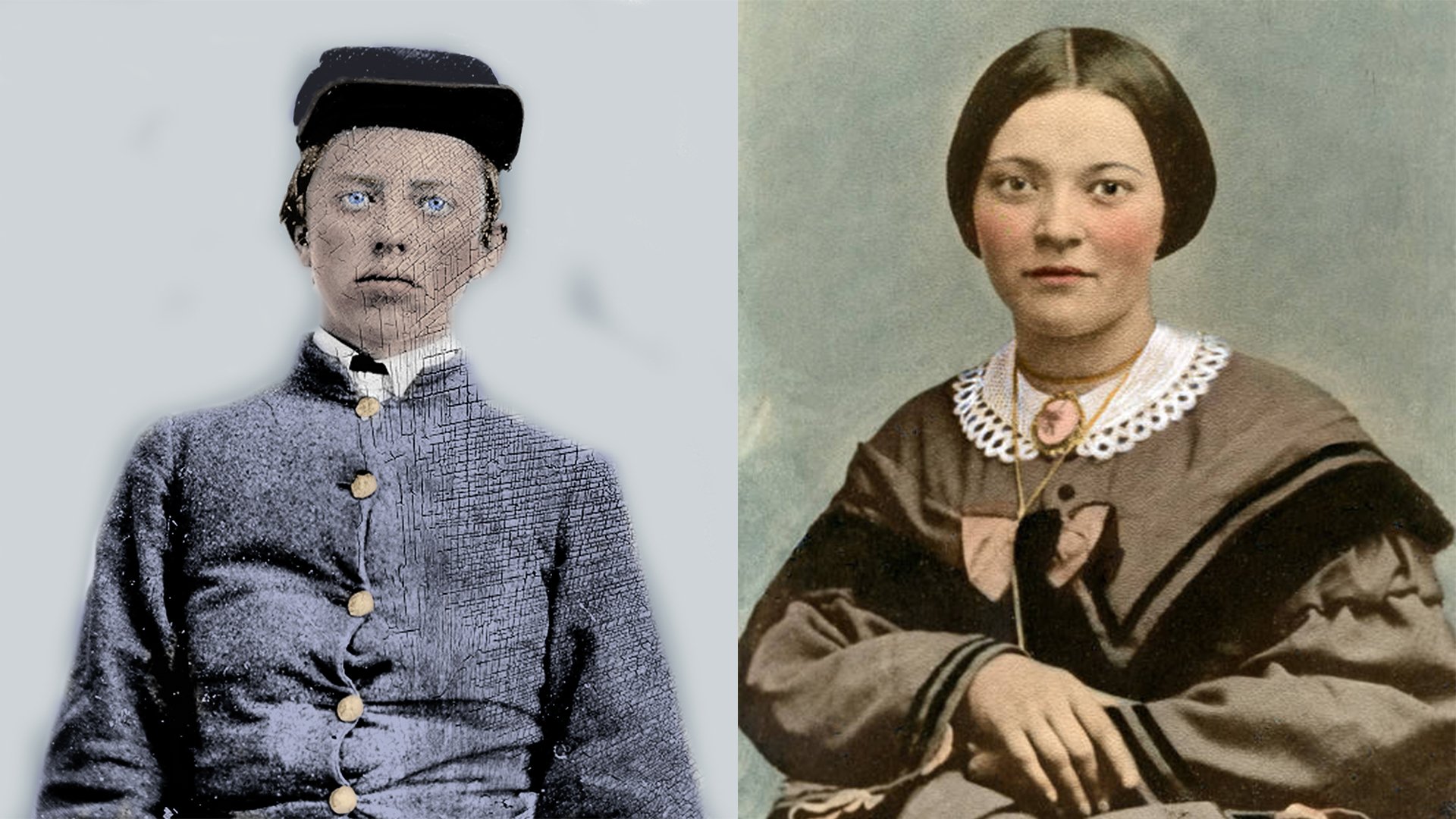
People
Learn about the Civil War in the Valley from the stories of the men, women, soldiers, and civilians that lived through it
Lewis Wallace
Major General (USA)
April 10, 1827 — February 15, 1905
Wallace’s most notable service came on Saturday, July 9, 1864 at the battle of Monocacy part of the Valley Campaigns of 1864. Although Confederate General Jubal A. Early and an estimated 15,000 troops defeated Wallace’s troops at Monocacy Junction, Maryland, forcing them to retreat to Baltimore, the effort cost Early a chance to capture Washington, D.C. Wallace’s men were able to delay the Confederate advance toward Washington for an entire day, giving the city time to organize its defenses. Early arrived in Washington at around noon on July 11, two days after defeating Wallace at Monocacy, the northernmost Confederate victory of the war, but Union reinforcements had already arrived at Fort Stevens to repel the Confederates and force their retreat to Virginia.
Wallace, who had returned to active duty on March 12, 1864, assumed command of VIII Corps, which was headquartered in Baltimore. On July 9, a combined Union force of approximately 5,800 men under Wallace’s command (mostly hundred-days’ men from VIII Corps) and a division under James B. Ricketts from VI Corps encountered Confederate troops at Monocacy Junction between 9 and 10 a.m. Although Wallace was uncertain whether Baltimore or Washington, D.C. was the Confederate objective, he knew his troops would have to delay the advance until Union reinforcements arrived. Wallace’s men repelled the Confederate attacks for more than six hours before retreating to Baltimore.
After the battle Wallace informed Halleck that his forces fought until 5 p.m., but the Confederate troops, which he estimated at 20,000 men, had overwhelmed them. When Grant learned of the defeat, he named Maj. Gen. E. O. C. Ord as Wallace’s replacement in command of VIII Corps. On July 28, after officials learned how Wallace’s efforts at Monocacy helped save Washington D.C. from capture, he was reinstated as commander of VIII Corps. In Grant’s memoirs, he praised Wallace’s delaying tactics at Monocacy:
If Early had been but one day earlier, he might have entered the capital before the arrival of the reinforcements I had sent. … General Wallace contributed on this occasion by the defeat of the troops under him, a greater benefit to the cause than often falls to the lot of a commander of an equal force to render by means of a victory.

